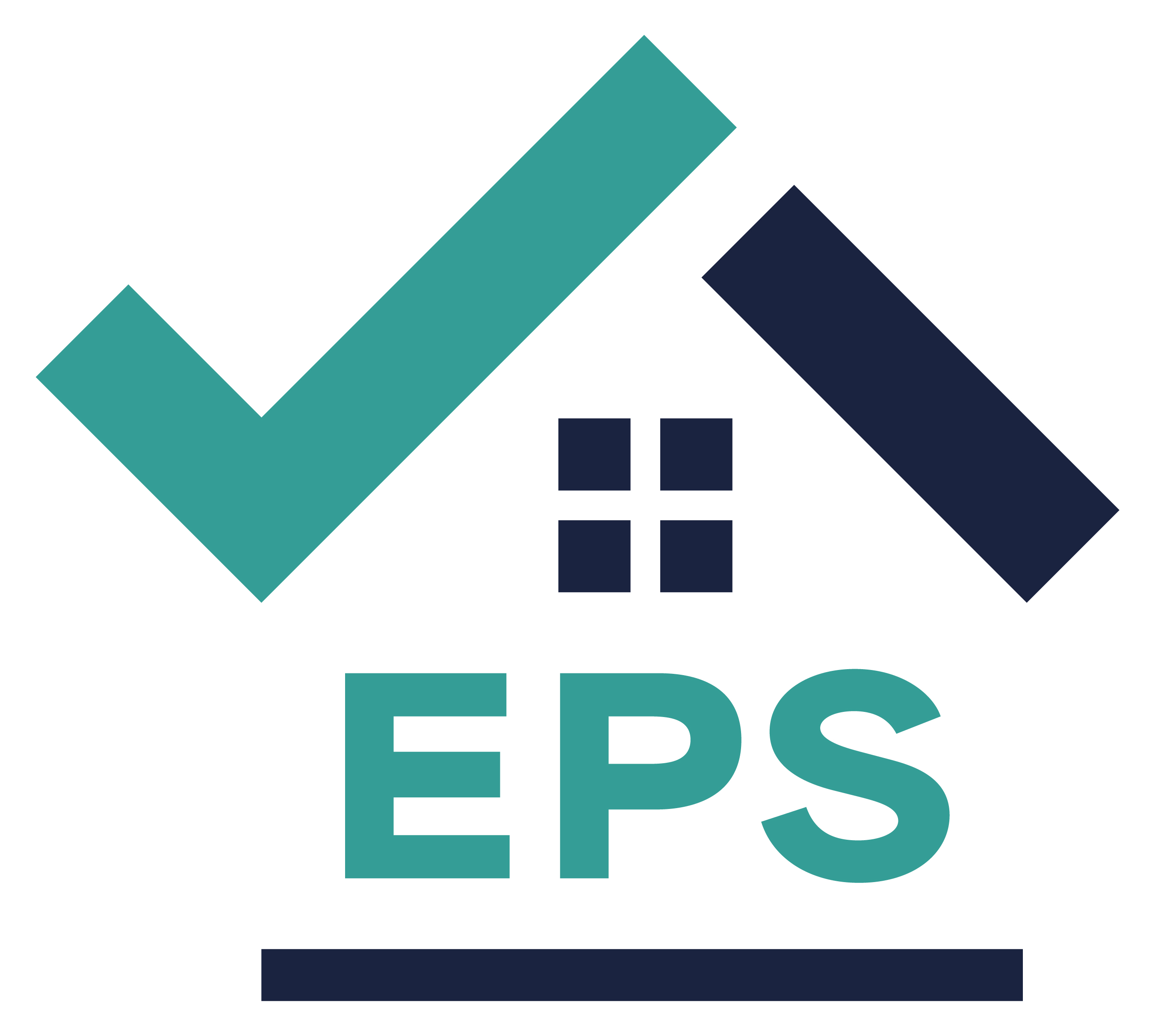What is Legionnaire’s disease?
Legionnaire’s disease is a pneumonia-like illness caused by legionella bacteria, which can be fatal. The bacteria live in rivers, lakes and reservoirs, but in relatively low numbers. However Legionella can grow to dangerous levels within indoor hot and cold water systems, particularly if rust, sludge, algae and lime scale are present, and can be spread via showers and taps.
Those at higher risk of contracting the disease include:
- people aged over 45
- smokers and heavy drinkers
- people with chronic respiratory or kidney disease
- anyone with an impaired immune system
Why do I need a Legionella Risk Assessment?
Under HSE AcoP L8, Letting agents and landlords are obliged by law to protect their tenants from the risk of legionnaire’s disease by conducting risk assessments and, if necessary, taking action.
Risk assessments must be carried out by a ‘competent person’ at least every two years, but annually if water is stored on the property (e.g. in a water tank). All records must be kept for a minimum of five years.
For further information please download our Legionella PDF information form (insert link to PDF)
Why use Elian Property Surveys to conduct your Legionella Risk Assessment?
- Our risk assessments are designed to meet the requirement as stated in the Health and Safety Executives Approved Code of Practice L8
- Competent and qualified assessors
- Fully insured
- Clear easy to understand reports with tenant advice section
- Convenient appointments
- Quick turnaround times for reports
- All our assessors are CRB checked
For further information please download our Legionella PDF information form
What are the penalties for not having a Risk Assessment carried out?
Failure to comply with the law could result in criminal prosecution, a fine of up to £20,000 and up to two years imprisonment can be imposed on the managing agent or Landlord.
